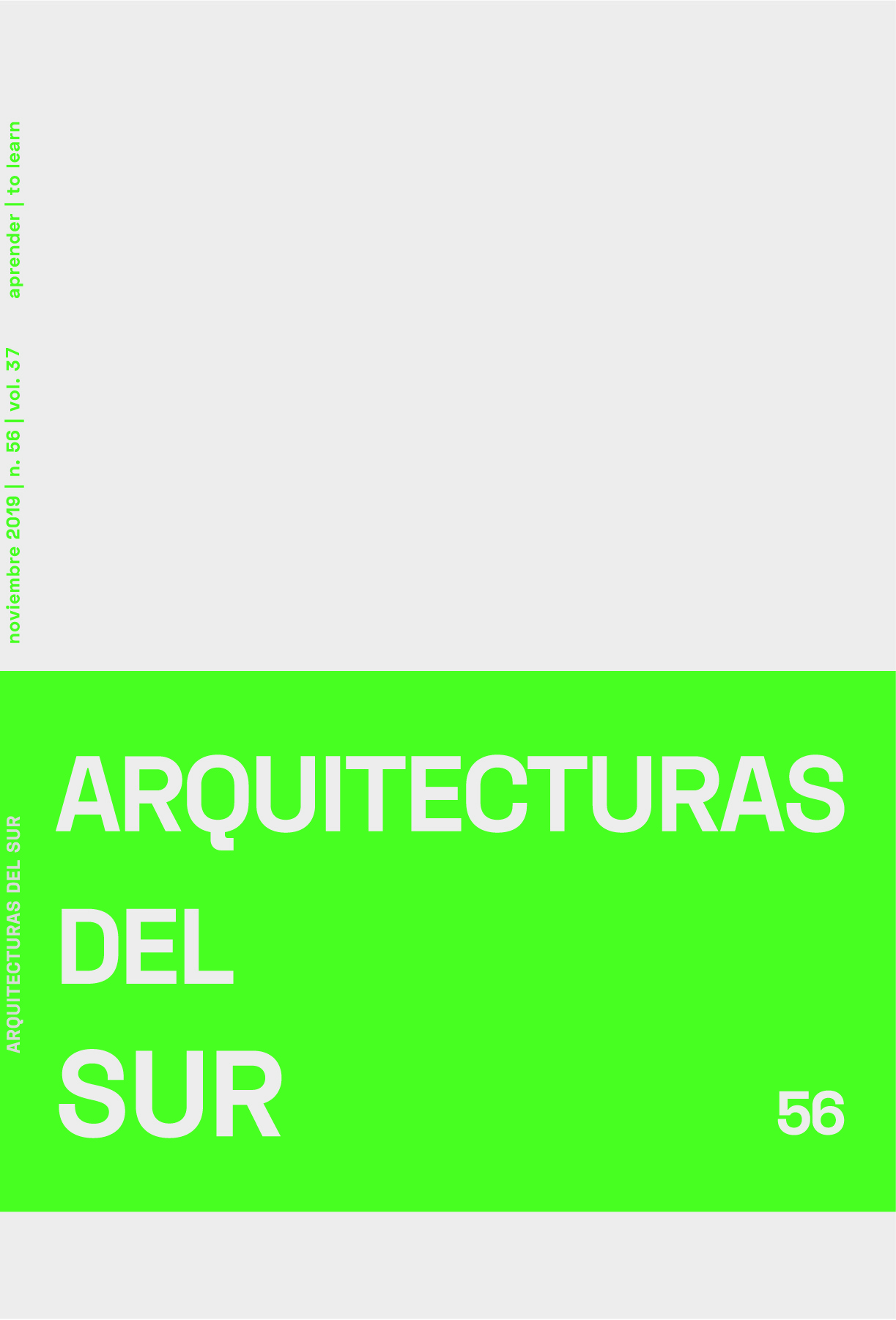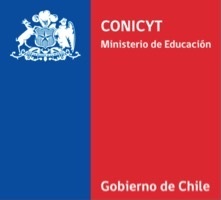The integration of learning in the teaching of urban planning aligned with real contexts: An evaluation of the pedagogical process in the training of architects through a case study
DOI:
https://doi.org/10.22320/07196466.2019.37.056.07Keywords:
Active learning, teaching methods, teaching practice, urban planning, urban planAbstract
This article presents and evaluates the pedagogical process used in the urban planning training in the architecture degree program’s curriculum at the University of Cuenca, Ecuador, in which the partnerships with society or university outreach represent a comprehensive opportunity to learn in real environments. The curriculum seeks to train students in the theoretical, methodological and technical fields required in the writing or formulation of urban plans. To this end, while responding to the specific demands of local governments, the program works in population centers of less than 3,000 inhabitants, under the premise of “learning urban planning, doing urban planning.” The Urdaneta Urban Plan, Saraguro District, is presented as a case study. It was formulated with strong theoretical-conceptual support and technical rigor, which met the Municipality ́s needs. The evaluation shows that achieving the learning outcomes related to urban planning requires the full consolidated integration of the methodologies to develop a plan related to the pedagogical process, in terms of strategies, means to horizontally coordinate between classes, and determine and distribute activities; and manners of working and evaluation. It must be kept in mind that this interconnection is the main factor in achieving the learning outcomes.
Downloads
References
Bermúdez, N., Cabrera, S., Carrión, A., Del Hierro, S., Echeverría, J., Godard, H. y Moscoso, R. (2016). La investigación urbana en Ecuador (1990– 2015): cambios y continuidades. En P. Metzger, J. Rebotier, J. Robert, P. Urquieta y P. Vega Centeno (edits.), La cuestión urbana en la Región Andina. Miradas sobre la investigación y la formación, pp. 117-173. Quito: Pontificia Universidad Católica del Ecuador.
Capel, H. (2009). Las pequeñas ciudades en la urbanización generalizada y ante la crisis global. Investigaciones geográficas, (70), pp. 07-32.
Córdoba, M. (2014). Superar la fragmentación para ver el bosque. Documentos INTEC (21), pp. 181-204.
Costa, J. P., Ochoa, R. y Matos, M. (2015). Enfrentando las cuestiones urbanas. La enseñanza de la interdisciplinariedad por el proyecto de Urbanismo. On the waterfront, 34(5), pp. 5-24.
Frank, A. y Silver, C. (edits.). (2018). Urban Planning Education. Beginning, Global Movement and Future Prospects. Springer.
García, M., Villar, A., Fraile, P., Sánchez, N. y Márquez, J. (2018). Se hace Geografía al andar: la salida de campo itinerante y senderista. Didáctica Geográfica, (19), pp. 103-125.
Harden, R. (2000). The integration ladder: a tool for curriculum planning and evaluation. Medical Education, 34(7), pp. 551-557.
Henríquez, P. (ed.). (2018). Tendencias de la educación superior en América Latina 2018. UNESCO – IESALC y UNC.
Jaramillo, C. (ed.). (2014). Plan de Estudios Diseño Curricular de la Carrera de Arquitectura y Urbanismo de la Universidad de Cuenca - Ecuador. Cuenca, Ecuador: Universidad de Cuenca.
Kanai, M., Grant, R. y Jianu, R. (2018). Cities on and off the map: A bibliometric assessment of urban globalization research. Urban Studies, 55(12), pp. 2569-2585.
Korobar, V. y Siljanoska, J. (2016). Challenges of teaching sustainable urbanism. Energy and Buildings, (115), pp. 121-130.
Menéndez, G. y Tarabella, L. (2017). El aprendizaje experiencial: una práctica de innovación que se afianza en la UNL. En I. Menéndez y Gustavo C.M., Integración, docencia y extensión 2: otra forma de enseñar y aprender, pp. 13-24. Santa Fe: Universidad Nacional de Litoral.
Molina, A. (2015). Extensión Universitaria, la función olvidada. CPU-e, Revista de Investigación Educativa (21), pp. 1-3.
Olmedo, N. y Farrerons, O. (2017). Modelos Constructivistas de Aprendizaje en Programas de Formación. Barcelona: OmniaScience.
Pauta, F. (2013). Ordenación Territorial y Urbanística: un camino para su aplicación en el Ecuador. Cuenca: Universidad de Cuenca.
Reglamento de Régimen Académico. (21 de marzo de 2019). Registro Oficial. Quito.
Ruiz, J. (2002). La enseñanza del urbanismo y la enseñanza de la práctica del urbanismo. Un proyecto docente en el marco de la realidad urbana compleja. Madrid: Instituto Juan de Herrera.
Rumbach, A. (2016). Decentralization and small cities: Towards more effective urban disaster governance? Habitat International, (52), pp. 35-42.
Sánchez de Matrama, M. (2004). La extensión universitaria en Venezuela. Educere, 8(24), pp. 83-94.
Teal, M., Huang, C.-S. y Rodiek, J. (1998). Open space planning for Travis Country, Austin, Texas: a collaborative design. Landscape and Urban Planning, 42(2), pp. 259-268.
Downloads
Published
How to Cite
Issue
Section
License
The content of the articles published in each issue of Arquitecturas del Sur is the sole responsibility of the authors and does not necessarily represent the opinion of University of the Bío-Bío.
The authors will maintain their copyright; however, they will guarantee the journal the right to first publication and dissemination of their work. The publication of the article in Arquitecturas del Sur will be subject to the Creative Commons International license (CC BY-SA) that allows others to adapt: remix, transform and build on the material for any purpose, even commercially; share: copy and redistribute the material in any medium or format, as long as the authorship and first publication in this journal are acknowledged by citing them correctly, and their new contributions are under a license with the same terms.














 Programa de Información Científica/Concurso Fondos de Publicación de Revistas Científicas 2018/ Proyecto Mejoramiento de Visibilidad de Revistas UBB (Código:FP180007)
Programa de Información Científica/Concurso Fondos de Publicación de Revistas Científicas 2018/ Proyecto Mejoramiento de Visibilidad de Revistas UBB (Código:FP180007) 
